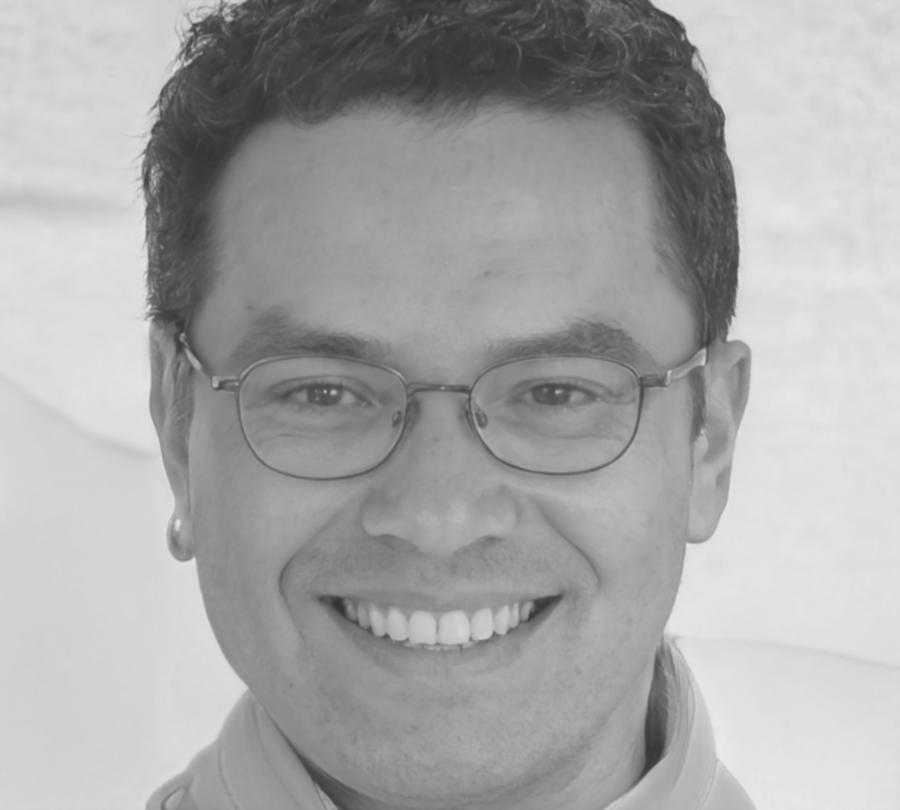Building Financial Clarity Through Practical Education
We started msg-feed in 2018 because we kept seeing the same pattern. Smart people with good incomes were making poor budget decisions—not because they were careless, but because nobody taught them a practical framework that actually worked in real life.
Our approach came from years of working with Filipino families and small business owners in Metro Manila. We noticed that generic financial advice from abroad didn't translate well to local realities. So we built something different.

From Frustration to Framework
The whole thing started when I was helping a colleague restructure her household budget. She had spreadsheets everywhere—color-coded tabs, formulas, the works. But she was still overspending every month.
Her system was too complicated for daily use. She needed something that fit how she actually lived, not some theoretical perfect budget. That conversation led to what became our core methodology: practical strategies built around real behavior patterns.
By 2020, we'd worked with enough people to spot the common gaps in financial literacy. Most education focused on investment theory or debt management—important topics, but they skipped the fundamental skill of budget allocation.
Individuals trained since 2018
Enhanced program launching September
How We Actually Teach This Stuff
Financial education shouldn't feel like attending a corporate seminar. We focus on methods that stick because they make sense in everyday situations.
Scenario-Based Learning
Our webinars walk through actual budget challenges we've encountered—unexpected medical bills, seasonal income fluctuations, family obligation pressures. You learn by working through realistic situations, not abstract examples.
Flexible Frameworks
We don't believe in one-size-fits-all budget templates. Instead, we teach you to build a system that adapts to your income patterns, family structure, and financial goals. The framework bends without breaking.
Group Discussion Format
Most learning happens when participants share their own struggles and solutions. Our sessions create space for those conversations—because hearing how others solved similar problems is often more valuable than any lecture.
Who's Behind the Programs
Small team, deep focus. We're not trying to be everything to everyone. Our expertise is in budget strategy education for the Metro Manila context.

Roderick Sarmiento
Lead Financial Strategy EducatorI spent twelve years in corporate finance before realizing that spreadsheet skills don't automatically translate to personal financial health. Started teaching budget workshops in 2017, formally launched msg-feed the following year.
What keeps me engaged is watching people have that moment when budget management finally clicks. It's not about complex formulas—it's about building a system that matches your actual life patterns. That's what we focus on in every program.
Our autumn 2025 learning program will include updated modules on managing irregular income streams, something that's become increasingly relevant for freelancers and gig economy workers across Manila.
What We're Working On
Our next learning program cycle starts in October 2025. We've revised the curriculum based on feedback from 2024 participants—adding more content on digital payment tracking and reducing some of the theoretical sections that people found less useful.
We're also developing specialized workshops for small business owners who need to separate personal and business finances more effectively. That's scheduled for early 2026, pending final curriculum development.
The goal remains the same: help people develop budget management skills that actually fit their lives. Everything else is just details.

Why Metro Manila Specifically
Context matters in financial education. What works in other markets doesn't always translate directly to the Philippines.

Our office location in Mandaluyong puts us right in the center of Metro Manila's financial hub. We understand the unique pressures here—from family financial obligations to the reality of traffic costs affecting daily budgets.
We've structured our webinars and programs around these local factors. The principles are universal, but the application is deliberately specific to this market. That's what makes the education actually useful.